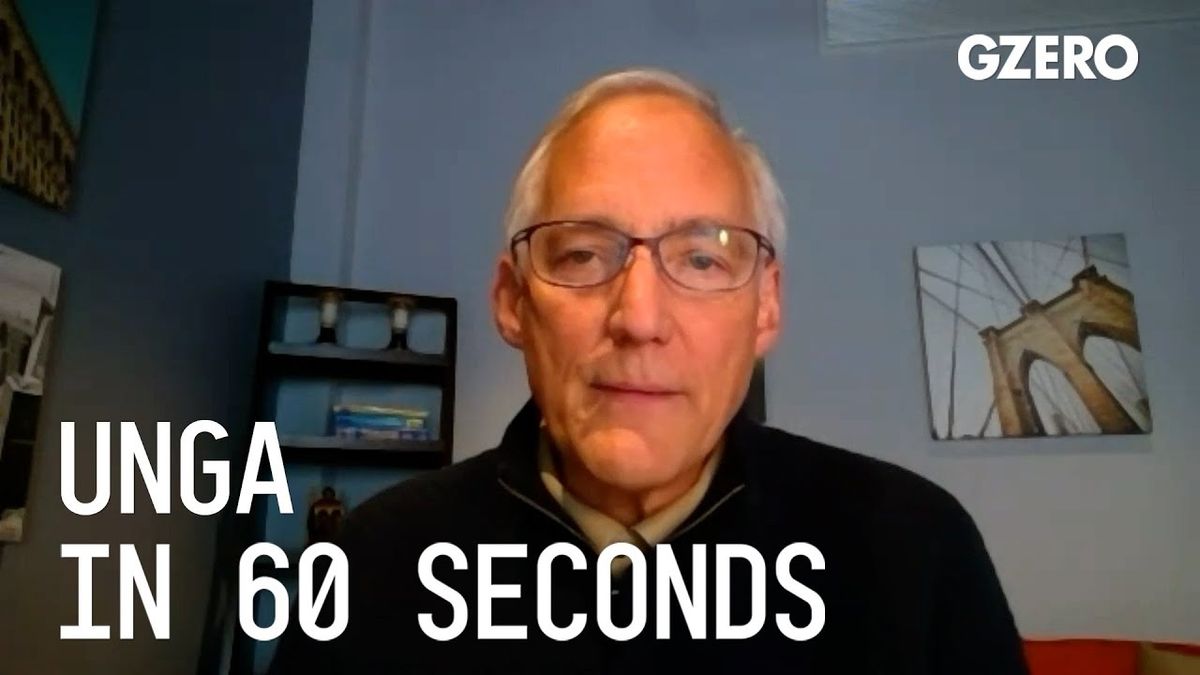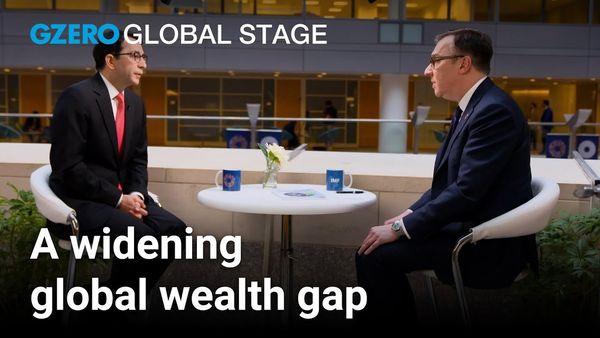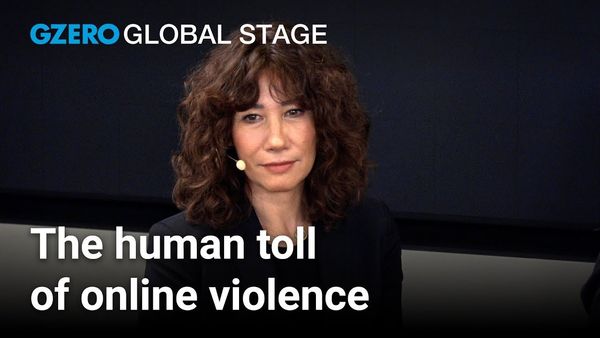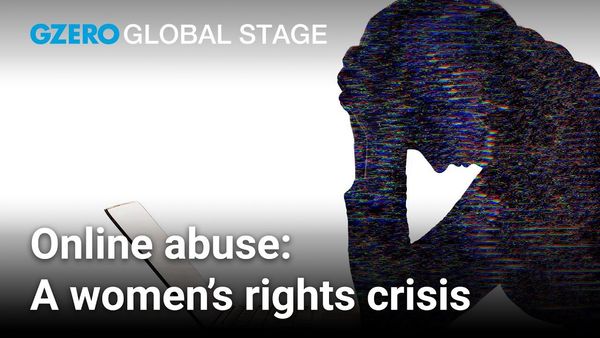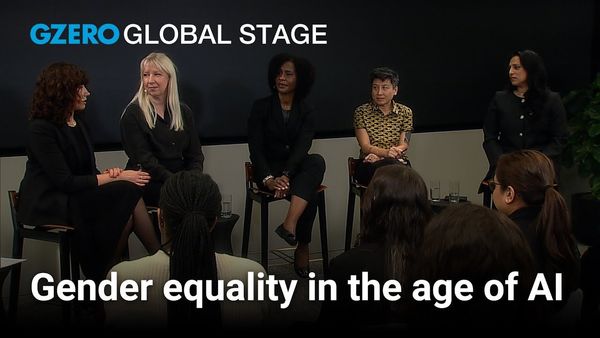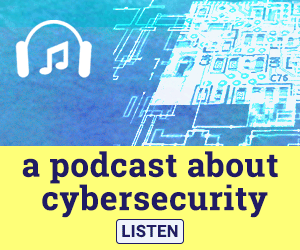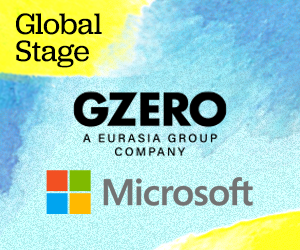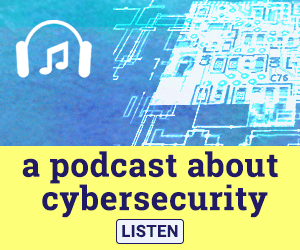John Frank, Vice President of UN Affairs at Microsoft, discusses how to include people around the world in the digital economy,on UNGA In 60 Seconds.
Satya Nadella famously said, "We saw two years of digital transformation in two months" due to the pandemic and the need it created for virtual communication, work, and learning, but still nearly half the world's population lacks connectivity.
First, how can we begin to bridge the digital divide? Then, how can digital skilling lead us into a better global economy?
We need to redouble our efforts to bring broadband around the world. Less developed countries desperately need new technologies that bring broadband connectivity at lower costs, but we also need to focus on underserved populations in our urban centers and rural America. We need to create new mechanisms and new technologies that are going to bring people in, but being connected, it's not enough. We need to have people be able to participate in the new digital economy, and that requires digital skills. And what better way to get them than online. We can find new ways to train people, but there needs to be a commitment to lifelong learning. And of course, there's digital natives, but the whole population can benefit from developing digital skills, and we believe that many people can greatly improve their economic future and economic security through robust training on digital skills.


